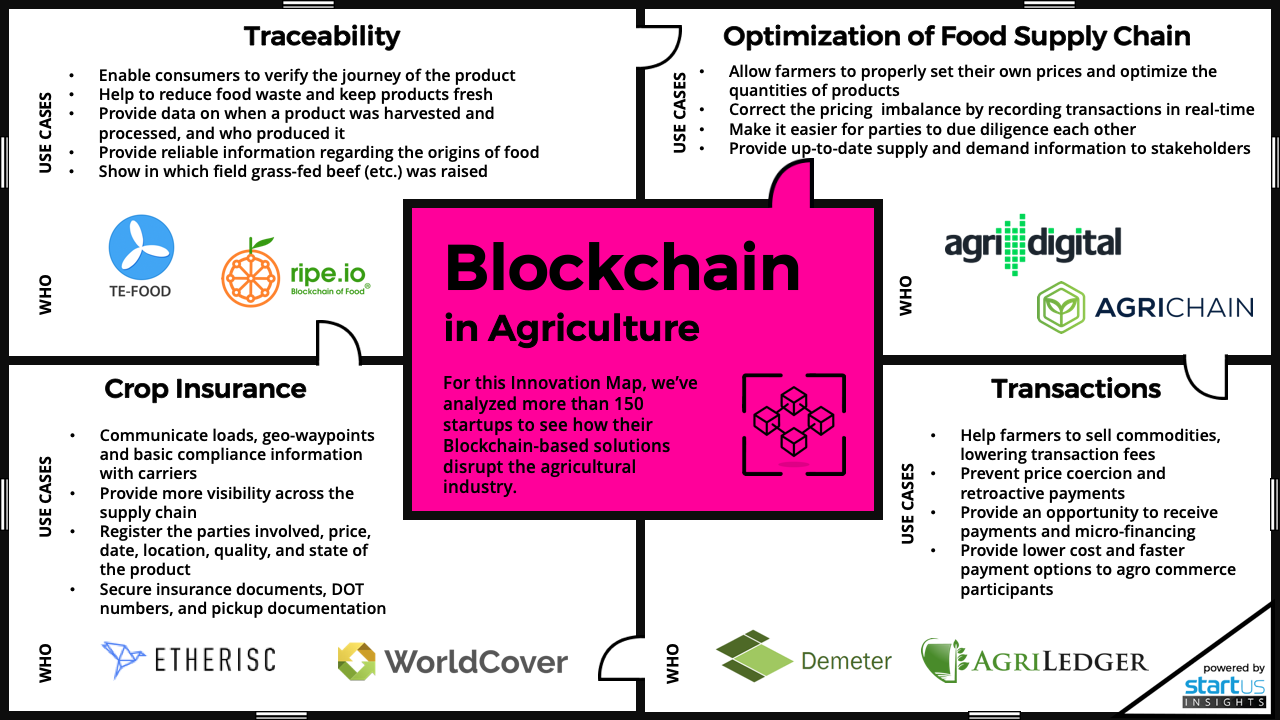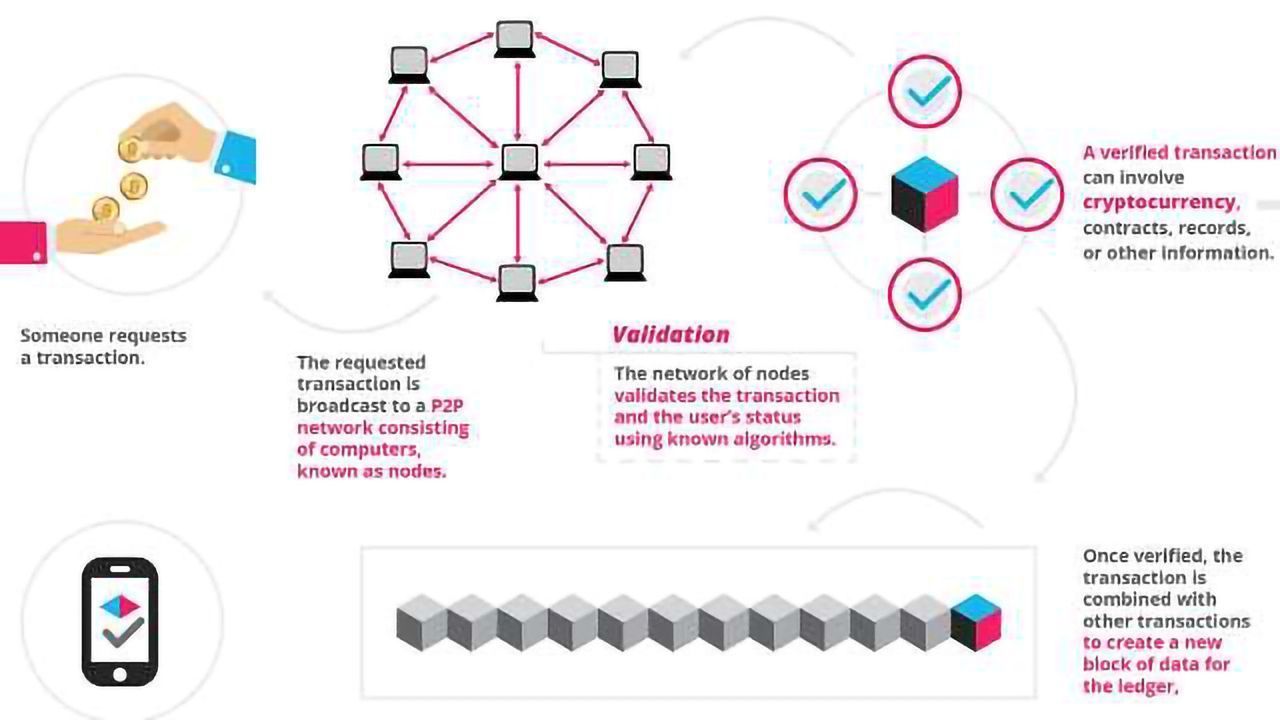🚜 Blockchain in Agriculture
Improving the agriculture sector through the power of Web3

Today's Highlights
- Fighting for food security through Web3
- Today's Infographic
- In Other News - a few interesting developments we're tracking.
Fighting for food security through Web3
Food insecurity is a significant problem that affects the majority of countries across the world. A lot of that is due to an inefficient or lack of supply chain for food rather than difficulties with growing food. Sometimes it takes days to reach certain populations, thus spoiling the food. Sometimes the food gets lost and can’t be recovered. All of these problems can be dramatically reduced with better management of the food supply chain.
Utilizing blockchain can improve the agriculture sector and help alleviate many of these problems.

Blockchain can help optimize the food supply chain. Since blockchain can help accurately provide the origins of food products to ensure customer trust. Traditional retailers have no effective way of confirming the origins of the food, which is why places like Walmart already use blockchain technologies to trace the origins of their food. The time it takes to trace the origins is also super fast with blockchain where it can be traced almost instantaneously.
Many small farmers have to dispose of many of their crops because their products are not bought as much as bigger farms. Blockchain helps level the playing field by simplifying the transaction process and giving small farmers access to wider markets. Farmers can also set prices more effectively with blockchain allowing them to see how their output matches demand.
Crop insurance is also managed more efficiently with blockchain due to the ability of smart contracts. Smart contracts can speed up the process for farmers filing for crop insurance if their crops get damaged because of their automated processing. The process is traditionally long and burdensome with the risk of fraud, especially in weather-related incidents, but smart contracts allow for damage claims to be automatically triggered when certain conditions are met, such as certain weather conditions.
Some companies have already started offering blockchain services to the agriculture sector. AgriDigital is a blockchain company that helps process complex agricultural transactions through smart contracts. Demeter allows its customers to rent and manage micro farms anywhere in the world with no middleman.
These are just a few of the companies that have dipped their foot into the agriculture sector through a Web3 lens. More and more companies will start innovating in this place as they realize the benefits of blockchain over traditional methods.
🧐 Today's Infographic

In Other News





